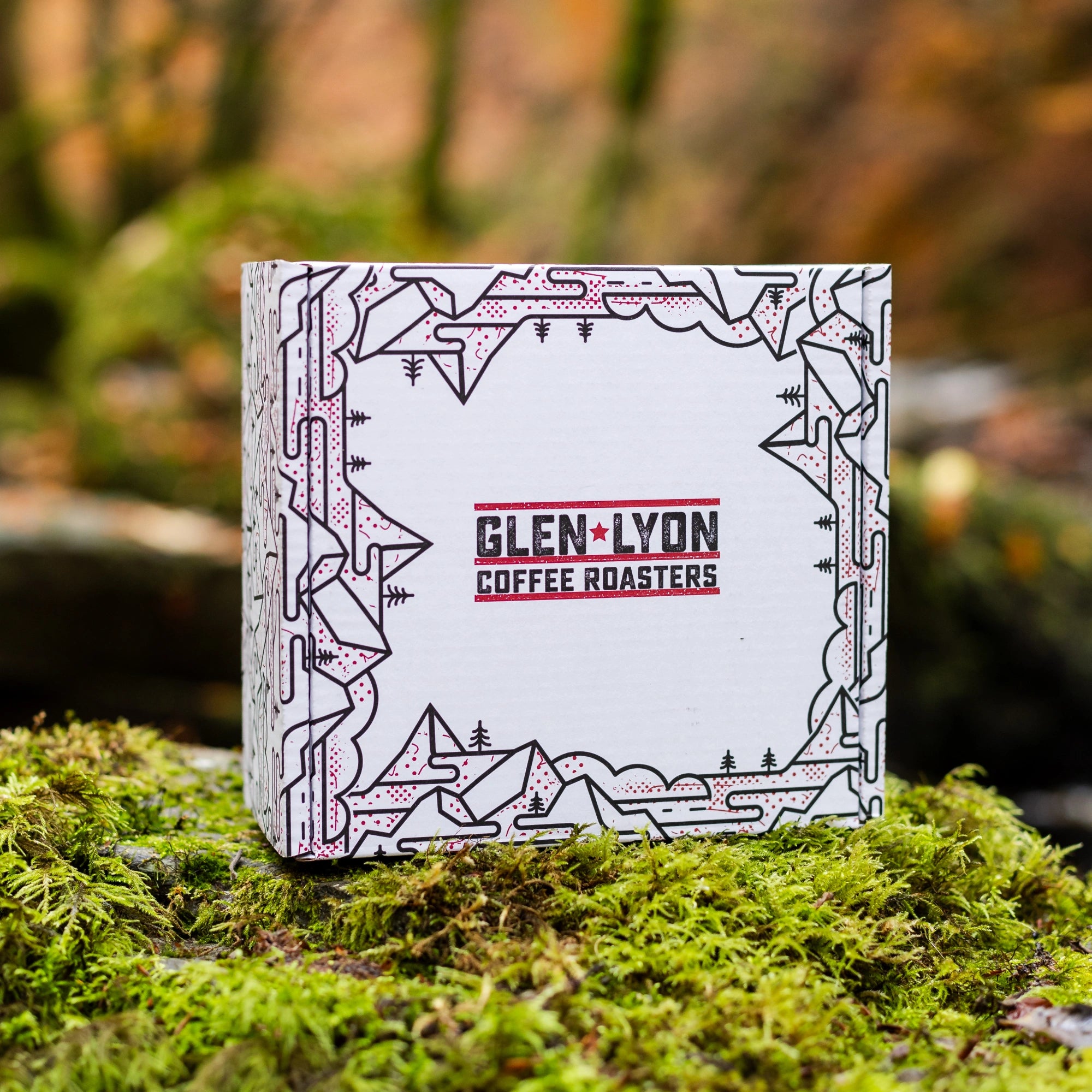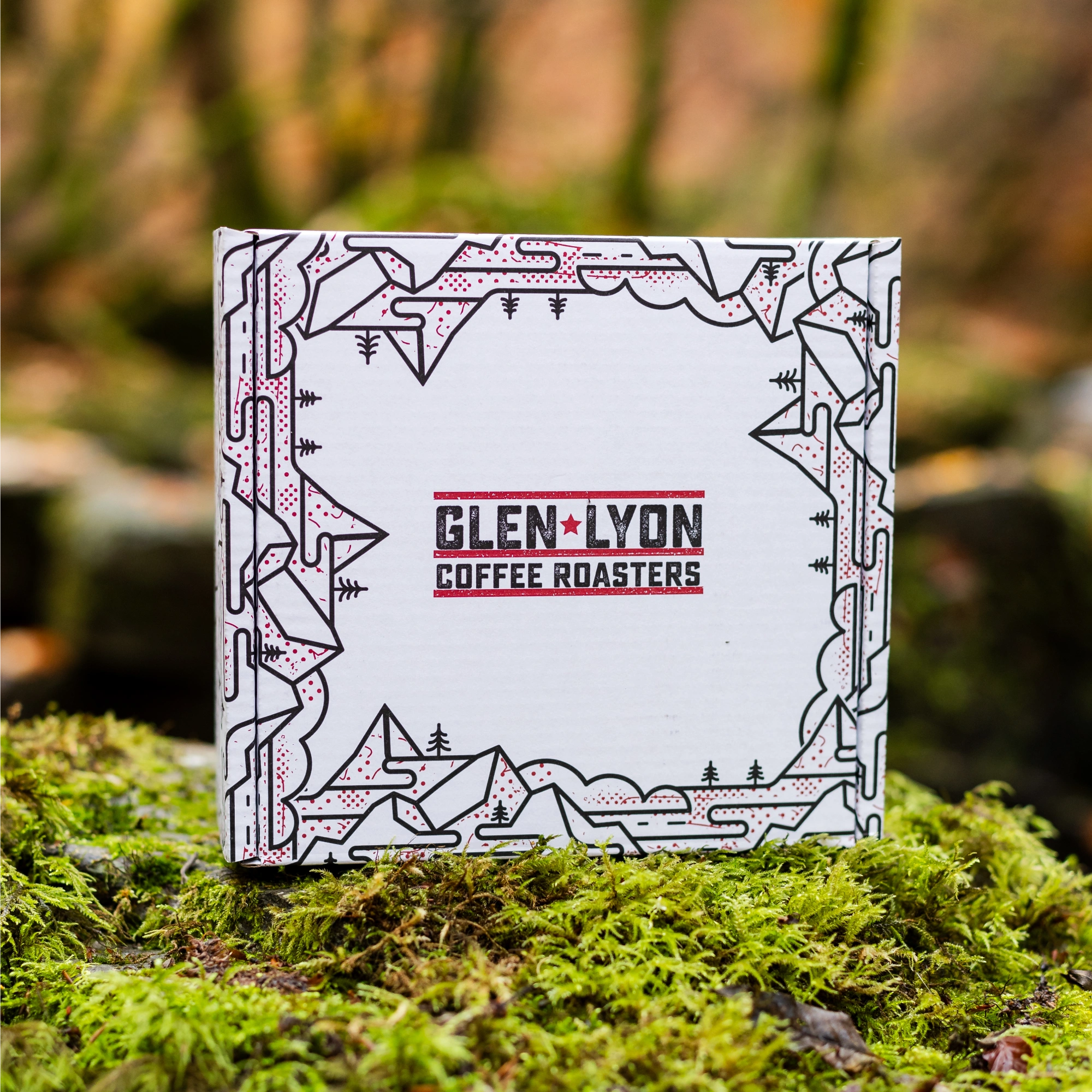This month we are spotlighting a new coffee from Finca San Antonio in Nicaragua, a country we haven't stocked for a few years. A lovely, balanced and sweet offering that has been processed using the fully washed method, San Antonio is our newest True North coffee. True North is our positive impact coffee, raising £1 in each retail bag for Trees for Life’s work to re-wild the Scottish Highlands.
Geographically the largest country in Central America and dominated by lakes and volcanoes, Nicaragua is an often unsung coffee producer. Coffee has been an important part of Nicaragua’s economy since it was first introduced in 1790, and today it is the world’s 11th largest coffee producer.
Catholic missionaries brought coffee to Nicaragua in 1790, but it wasn’t until the mid-1800s that production began in earnest. By the end of the 19th century coffee was the country’s main export crop, and it has continued to be a vital export commodity right up to the present day.
Nicaragua’s coffee production has always been interlinked with the country’s political history, from colonisation to dictatorships, revolutions, civil war, and beyond. German settlers developed the first coffee plantations, while Subsidy Laws in the 1870s and 1880s encouraged farm expansion by paying owners a bonus for every tree planted over five thousand. The first farmer cooperatives were founded in the early 20th century, and the Somoza family dictatorship (themselves a wealthy coffee family) increased production while occasionally promoting the co-op concept as a political tool.
The 1979 revolution and ensuing civil war had a big impact on Nicaragua’s coffee industry, as the US-backed counter-revolutionary Contra rebels specifically targeted farms, transport vehicles, and mills as part of their campaign against the Sandinistas. While many farmers abandoned their land during the 1980s, the ruling communist Sandinistas also redistributed coffee farms to formerly landless workers.
Various issues, among them an embargo by the US, formerly Nicaragua’s main trading partner, meant that the industry continued to struggle, something that persisted even after the Sandinistas were voted out in 1990. The country’s coffee sector has continued to battle low coffee prices, the devastation of hurricanes, and the impacts of climate change. However, a growing cooperative movement and focus on growing speciality coffee in the last decade has improved quality and sustainability, and since 2002 the Nicaraguan Cup of Excellence has showcased the best the country has to offer.
Today Most Nicaraguan coffee is fully washed and dried on patios, although some enterprising producers are experimenting with different processing and drying methods. The country offers a wide range of cup profiles based on its numerous micro-climates, with most farms concentrated in the Jinotega, Matagalpa, and Nuevo Segovia regions. Production is split between smallholder farmers and large plantations, generating $448 million dollars a year in export revenue and employing more than 300,000 people across 43,000 farms.
While until recently only large coffee mills could export coffee, meaning farmers had to sell their harvests for whatever they could get and had no control over the final process, today traceability has much improved and we are now able to source coffee from specific cooperatives or even farmers.
San Antonio farm, owned by Angelica María Hernández López and her family since 2010, is named in honour of the family's Catholic devotion to Saint Anthony of Padua. The farm is currently managed by Angelica’s sister-in-law, Heydi Magaly Gomez Rivera, who oversees all farm operations.
Located in Nueva Segovia, the farm implements eco-friendly and sustainable farming practices, including the use of organic fertilisers, low-intensity pesticides (green labels), and shade trees. Regular pruning and shade management enhance the coffee’s growth and protect it from pests, while manual harvesting ensures that only ripe coffees are selected.
This coffee comes to us in collaboration with Falcon Specialty Coffees and Cafetos de Segovia, an exporter and dry mill operator established in 2015 by sisters Ana and Martha Albir Sotomayor. Cafetos de Segovia represents the third generation of a family deeply rooted in coffee farming in Nicaragua with a mission to process and export high-quality coffee from their farms and other local estates.

















